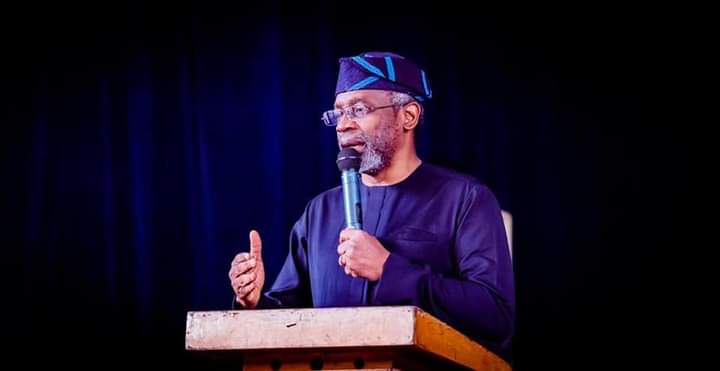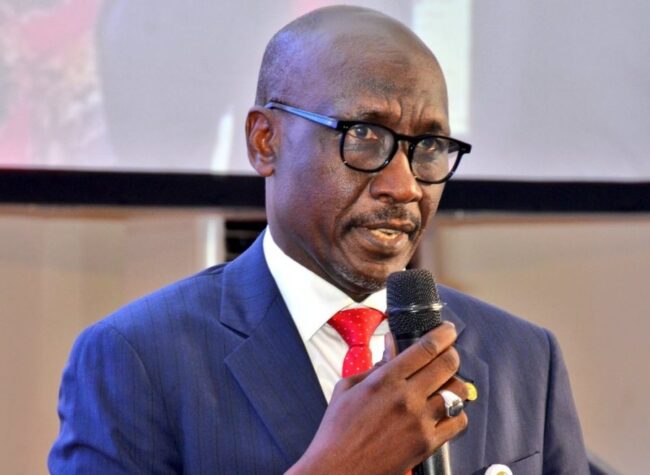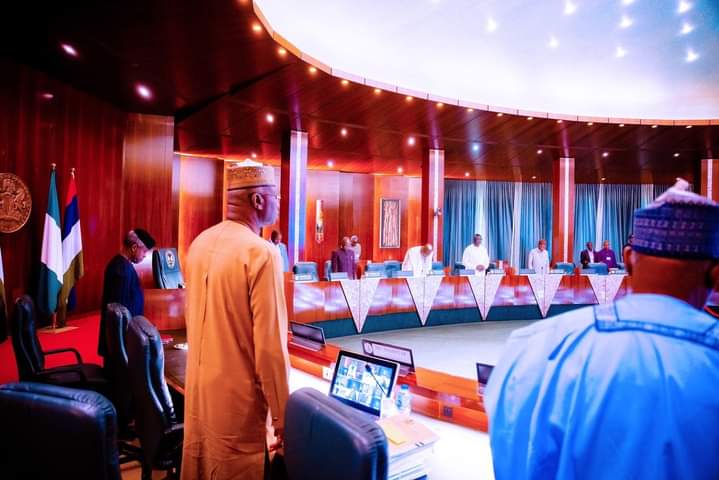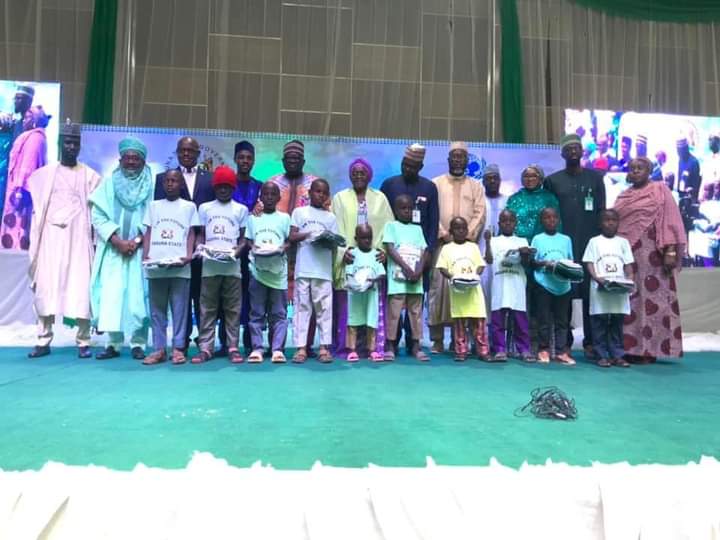Femi Gbajabiamila, speaker of the house of representatives, says Nigeria is a victim of “bad actors” bent on achieving wealth at all costs.
Gbajabiamila spoke on Wednesday at the legislative transparency and accountability summit organised by the house of representatives committee on anti-corruption.
Gbajabiamila, who was represented by Peter Akpatason, deputy majority leader of the house of representatives, said the development has affected governance and nation-building.
“Our country is the victim of bad actors determined to achieve great personal wealth at our collective expense,” he said.
Advertisement
“At a time of severe financial constraints, the perpetrators of this brazen heist threaten our ability to meet the demands of governance and nation-building.
“Their actions effectively amount to treason against our country, for which they must be held accountable.”
Gbajabiamila said Nigeria needs to invest in climate-friendly renewable energy sources because the heyday of fossil fuels has passed.
Advertisement
He also said advancement in technology is reducing the global demand for fossil fuels, making the investment in sustainable development goals (SDGs) worthwhile.
“For over six decades, the oil and gas industry has played a critical role in the economy of Nigeria,” he said.
“The industry has provided thousands, perhaps even millions of jobs directly and indirectly. Income from oil and gas has funded the administration of government, national defence, and the development of public infrastructure to the tune of hundreds of billions of dollars over the years.
“For better or worse, we are living in a world made possible by income from oil and gas and the fossil fuel industry. Now, that world is changing. On the one hand, the world is marching towards a future where the economic value of oil and gas is far diminished from what it used to be.
Advertisement
“Advancements in technology will reduce the global demand for fossil fuels. At the same time, technology is increasing global supply by making it easier to access new deposits of shale oil and access fossil fuels in previously hard-to-reach places.
“Amid this evolving paradigm, the oil and gas industry still faces unique challenges here at home. Due to theft and various acts of economic sabotage, we are experiencing a massive decline in crude oil production and export volume.
“At the same time, we cannot be ignorant of global trends, and we cannot wish the facts away. And the reality is that the best days of the fossil fuel industry are not ahead; they are long past.
“There is a coming, and some might say, ongoing shift in the global policy conversation about the economics and regulation of the oil and gas industry. We must be clear about how these changes affect us and what we need to do so that we are not left behind.”
Advertisement
Gbajabiamila added that the summit will focus on a conversation about the future of Nigeria’s oil and gas industry.
“Whereas predictions abound about the coming terminal global decline of the industry, we are under no obligation to facilitate that outcome,” he said.
Advertisement
“Our objective must be to use public policy instruments to improve the industry’s outlook and maximise its potential for however long that is possible. We have a joint obligation as policymakers, industry practitioners, and allied stakeholders.”
Advertisement
Add a comment






